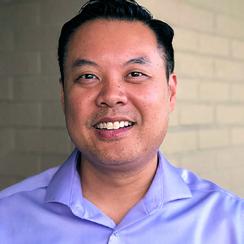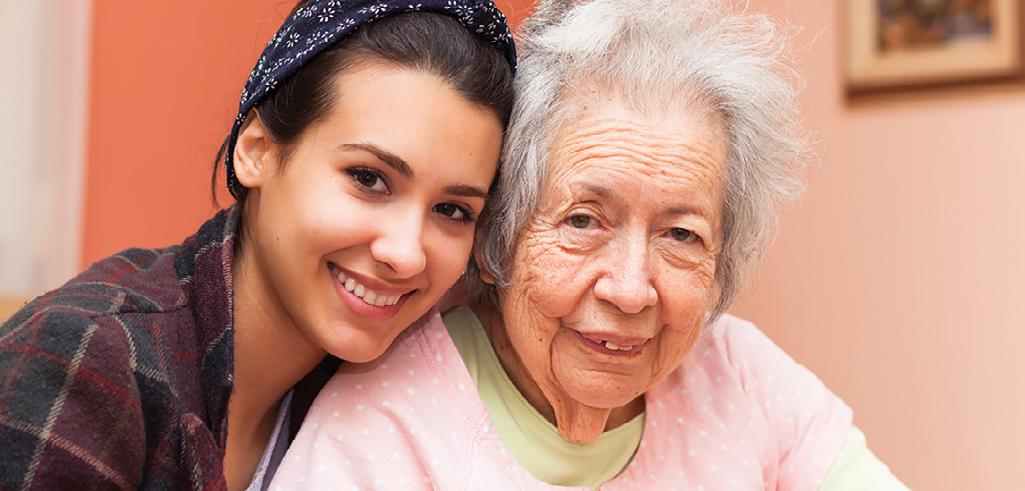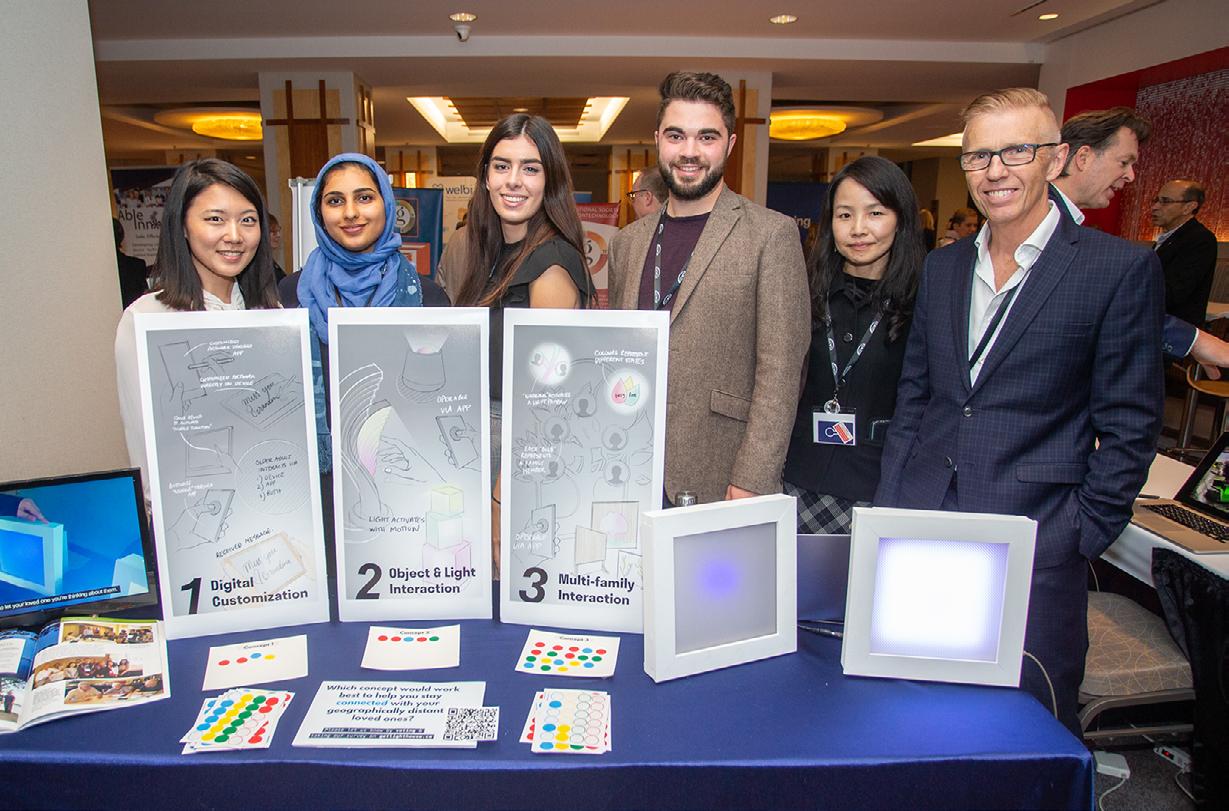TRAINING THE NEXT GENERATION
Training the Next Generation value of the EPIC training program cannot be overstated. “ The It provided me with an opportunity to incorporate activities from other disciplines, new approaches and a whole new community. ” Dr. Aki-Juhani Kyröläinen, postdoctoral fellow, McMaster University and Brock University, and recipient of an AGE-WELL-MIRA training award
AGE-WELL’s unique training program is a great success story. Across Canada and beyond, we champion emerging researchers and young professionals known as HQP—or highly qualified personnel. Our EPIC training program (Early Professionals, Inspired Careers) provides HQP with access to exclusive educational programming, experiential opportunities such as internships and exchanges, funding and mentorship. Every trainee gains crucial experience in working with older adults and caregivers, and understanding their needs. EPIC is all about nurturing future leaders in the AgeTech sector. In 2019-2020, AGE-WELL recruited and supported more than 760 HQP from across eight Canadian provinces, Australia, Belgium, Denmark, France, Mexico, the United Kingdom and the United States. In the last fiscal, we awarded 38 Innovators of Tomorrow certificates, and hosted our fourth Summer Institute, in Montebello, Quebec. z
Tackling problems, now and post-COVID-19 Our trainees are applying themselves to pressing problems that affect older adults and caregivers. Whether it’s a system to help people recover at home after hospital or an app to predict the degree of loneliness and social isolation, many HQP projects are highly relevant to the COVID-19 pandemic. In August 2020, 21 early career researchers from 10 universities across Canada received AGE-WELL Graduate Student and Postdoctoral Awards in Technology and Aging. The total value of the awards is $380,000, with more than $105,000 provided through matching funds from five post-secondary and research institute partners. AGE-WELL’s new Indigenous Graduate Student Award was presented to Kelly Davison, a PhD student at the University of Victoria (UVic) to explore the effects of virtual care on community-dwelling older adults, including the “unprecedented mobilization of virtual care services” during COVID-19. Jessica Percy-Campbell received the Michael F. Harcourt Policy Fellowship, named for AGE-WELL’s founding board chair and patron. Percy-Campbell, a PhD student at UVic, is examining how older adults use Google Home and Amazon Alexa, and the implications for privacy, surveillance and aging in place with technology in Canada. z Among other award recipients: Lindsay Kuramoto, a University of Toronto (U of T) master’s student, is developing a remote vital signs monitoring system that can be used at home after surgery, and benefit older adults in their daily lives. The award is co-funded by the Faculty of Applied Science & Engineering at U of T. z
28
AGE-WELL ANNUAL REPORT 2019-2020
Dr. Cari McIlduff, a University of Saskatchewan postdoctoral fellow, is working with urban Indigenous older adults to learn what they want from technology and its ability to respond to health and wellbeing concerns and needs. Dr. McIlduff’s award is co-funded by the Saskatchewan Health Research Foundation (SHRF). z






